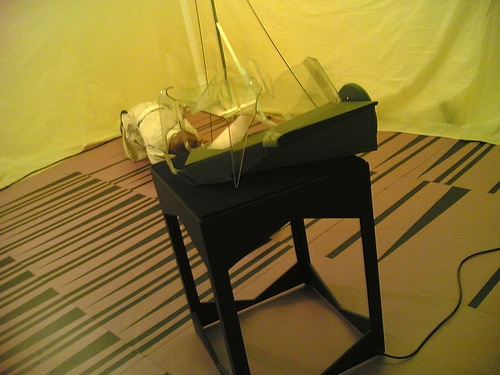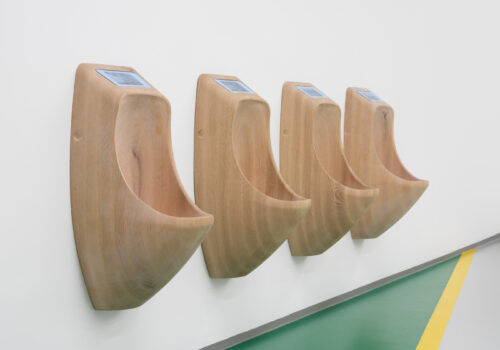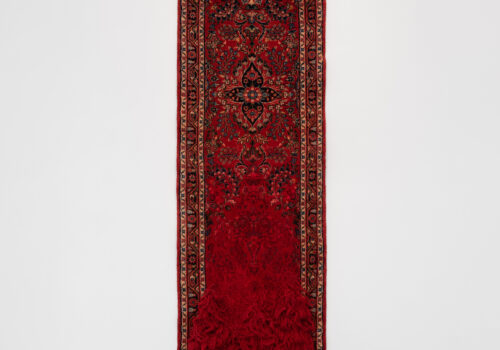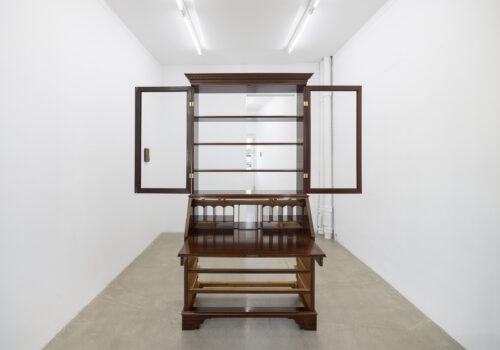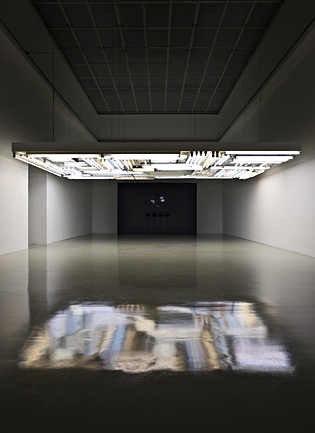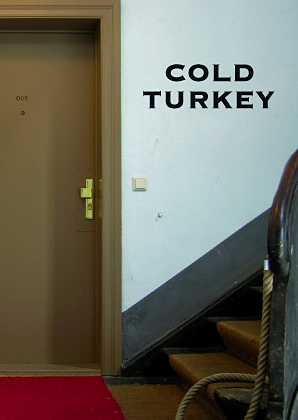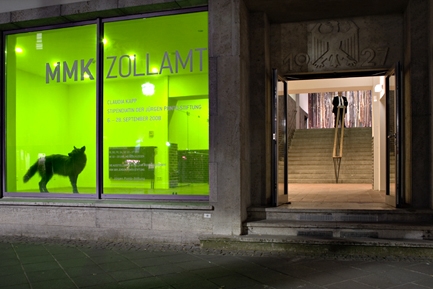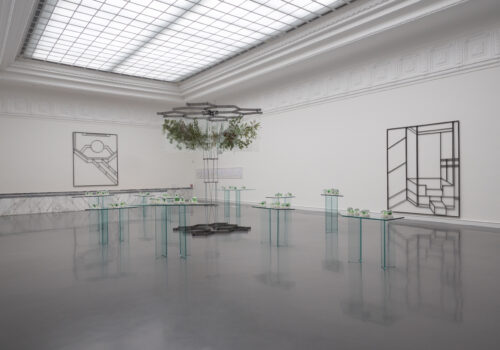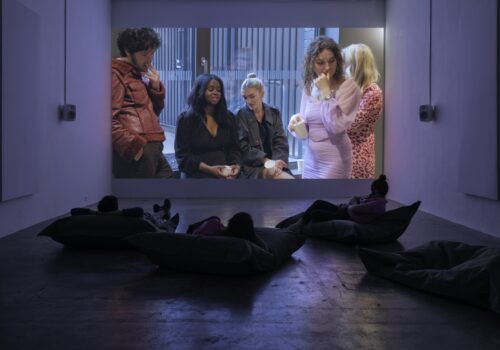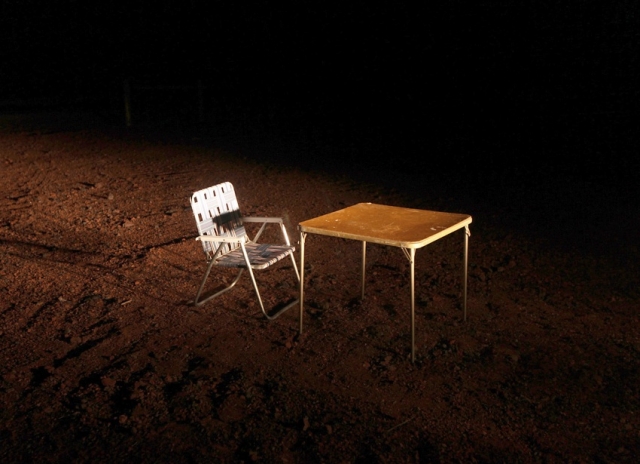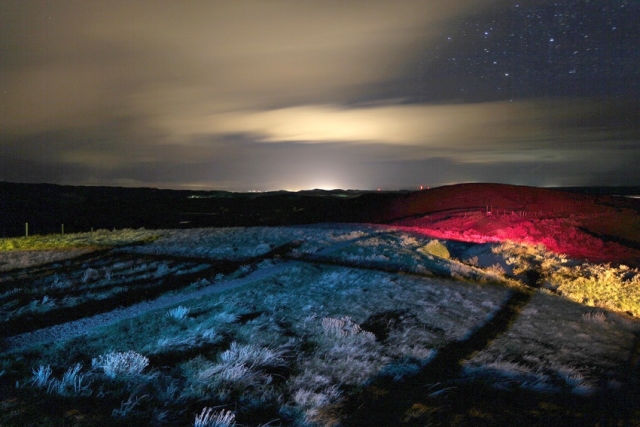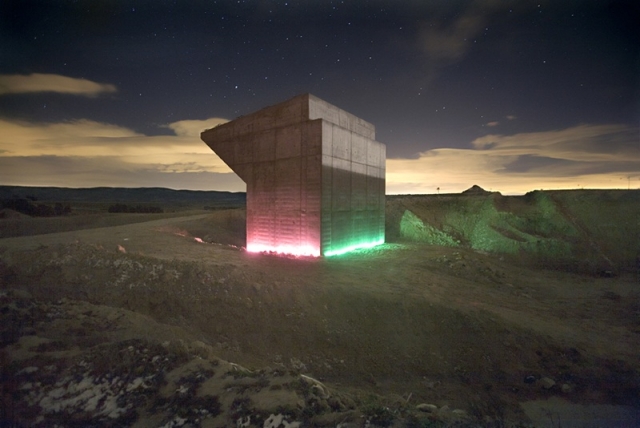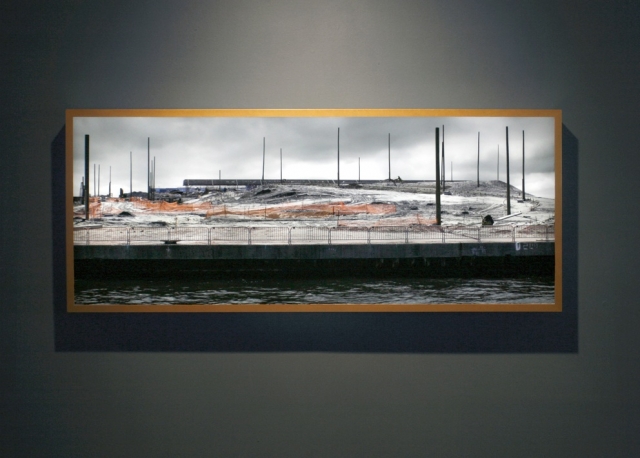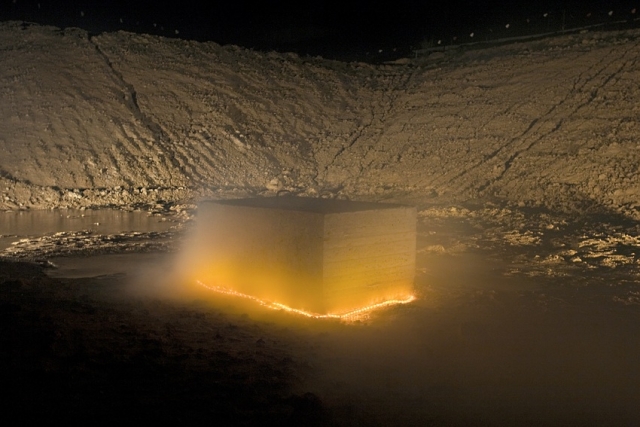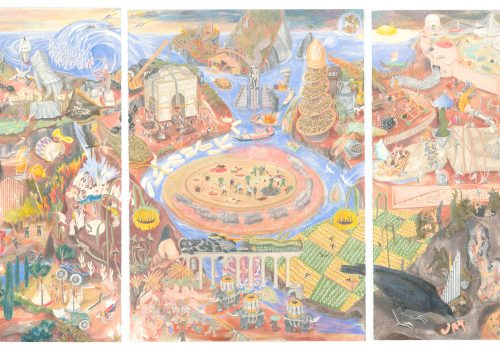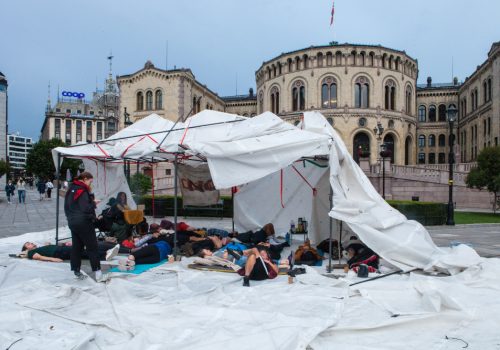Past Residents
Past Resident2010: Danish Arts Foundation
Thomas Poulsen (FOS)
FOS’ practice investigates how physical space achieves significance through social interaction and how the aesthetics of social space challenge and transform social constructs. Referring to his approach as Social Design, FOS suggests solutions through the investigation of the physicality of social relations. ‘I see the world as constituted of layers – only a small part visible to us – that exists as a reaction of what lies underneath. What we learn and perceive is in our behavior, what isn’t learned is a part of our reactions. Our social construct is a machine in this framework.’
Residents from Denmark
Claudia Kapp
“… The works of Claudia Kapp deal with moments of a modernism that was initiated as early as the nineteenth century but which by the 1950s and 1960s had begun to exert a sustained influence in those areas serving as a source of identity in the social and urban context. This influence on everyday perception and modes of behavior seems to have been almost completely incorporated by the collective consciousness of the present, meaning that it is hardly seen or reflected upon. The central agents of these works are light, moving image (video), rhythm, music, mirror—sometimes used in cooperative and performative actions. … Since this is all fixed in social contexts and mediated in installations, Claudia Kapp manifestly follows the formulas of minimal and conceptual art, yet playfully alienates and reinterprets them. In so doing, she uses standard materials, making the works seem superficially simple, familiar, and unobtrusive. But as ambivalent as their origin, their grace and mode of action oscillate between a conceptual, emotionally poetic gesture and a vexing assumption of a quotidian relationship. Not least there is a frequent change between proximity and distance, between unfamiliarity and threat, between attraction and aggression. She thus consistently shifts patterns of perception and, with the help of acoustic and visual tranquilizers, succeeds in shaking our feeling of familiarity. …”
(Gregor Jansen in: Dear International Mary / Claudia Kapp, Ed. Susanne Pfeffer /Künstlerhaus Bremen, Revolver Publishing by VVV)
Residents from Germany
Past Resident2011: Consejeria de Cultura de la Region de Murcia
Juanli Carrion
Juanli Carrión was born in Yecla, Spain in 1982. His artistic practice arises out of an interest in elements/actions that mankind creates/uses to represent reality or identity, and the social-politic relationships that these elements/actions have with existing operating systems. These concerns emerge out of social and political issues surrounding human behavior, both individually and collectively, and speak to the limits of human existence through questioning strategies of representing reality and reconstructing identity.
His artistic practice is developed through media such as installation, video or sculpture and always has a strong photographic background. A photograph is in many occasions the final result or a starting point, as a way of thinking and a key tool of his creative process. Among most recent projects are Atlas Shrugged, Kei-Seki, On Stage-Monuments of Melancholia. Carrión has a B.A in Fine Arts at The University of Grenade and Saint Dennis Paris VIII and an M.F.A in Visual Arts at Polytechnic University of Valencia.
Events & Exhibitions
Salon: Ok Hyun Ahn (South Korea) and Juanli Carrion (Spain)
July 27, 2010
